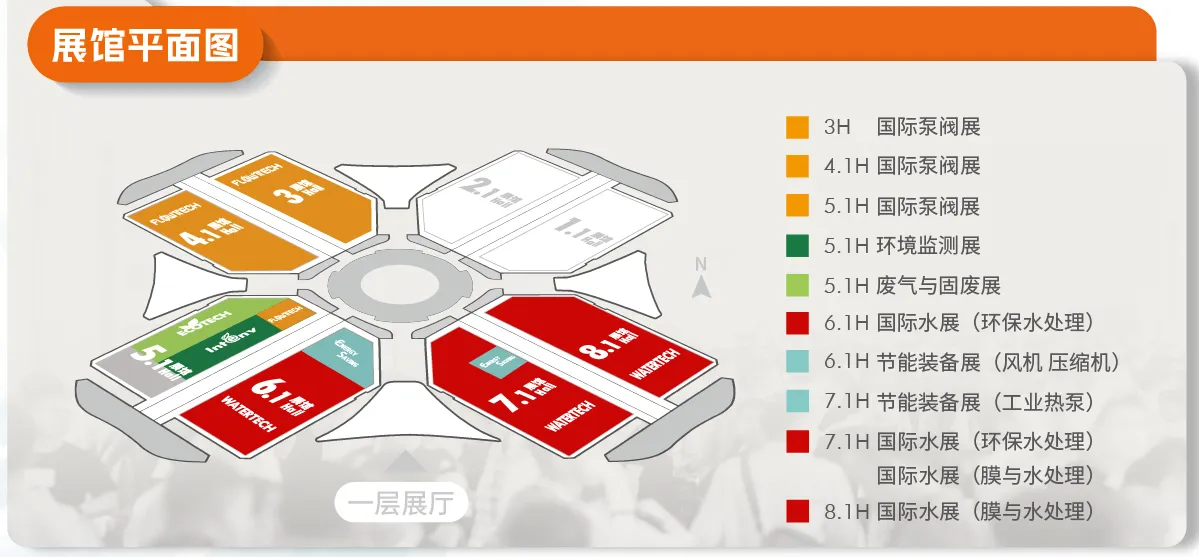Mobile:+86-311-808-126-83
Email:info@ydcastings.com
Italian
Design and Applications of Composite Material Impellers in Modern Engineering
Understanding Composite Impellers Innovation in Engineering
In the realm of engineering, the pursuit of efficiency and performance is never-ending. One of the significant advancements in this field is the development of composite impellers, which have transformed various industries, including aerospace, automotive, and marine applications. This article delves into the characteristics, advantages, and applications of composite impellers, showcasing why they are increasingly becoming the preferred choice in high-performance scenarios.
What is a Composite Impeller?
A composite impeller is a rotating component used in various machinery, such as pumps, turbines, and compressors, made from composite materials. Unlike traditional metal impellers, which are typically made from steel or aluminum, composite impellers utilize a combination of materials—usually fibers reinforced within a polymer resin. This structure allows for the benefits of both materials, offering superior strength-to-weight ratios and increased resistance to corrosion and fatigue.
The primary types of composite materials used in impeller construction include carbon fiber, glass fiber, and aramid fiber. Each of these materials provides unique properties that can be tailored to specific applications, making composite impellers highly versatile.
Advantages of Composite Impellers
1. Lightweight Construction One of the most significant benefits of composite impellers is their lightweight nature. This characteristic is crucial in industries such as aerospace, where reducing weight directly contributes to fuel efficiency and increased performance. A lighter impeller reduces the overall mass of the rotating components, leading to decreased inertia and more efficient operation.
2. Superior Corrosion Resistance Composite materials are inherently resistant to a variety of corrosive environments, including saltwater, chemicals, and harsh temperatures. This attribute makes composite impellers particularly advantageous in marine applications, where traditional metal impellers would corrode over time, leading to maintenance issues and reduced lifespan.
3. Enhanced Performance The design flexibility offered by composite materials allows for the optimization of the impeller’s shape and performance characteristics. Engineers can fine-tune the blade geometries to achieve better flow dynamics, resulting in higher efficiencies and improved overall performance in pumps and turbines.
composite impeller

4. Vibration Damping Composite materials have natural vibration-damping properties, which helps in reducing noise and vibration levels in operating machinery. This characteristic is vital in applications where low noise output is essential, such as in residential areas or sensitive environments.
5. Durability and Fatigue Resistance Composite impellers can withstand varying loads and stresses without succumbing to fatigue as readily as metals. This durability translates into longer operational lifespans and reduced downtime for maintenance and replacements.
Applications of Composite Impellers
Composite impellers are being employed across numerous sectors due to their unique properties. In the aerospace industry, they are used in jet engines and propulsion systems, where weight reduction is paramount. The automotive industry also leverages composite impellers in superchargers and turbochargers, improving vehicle performance while reducing fuel consumption.
In the marine sector, composite impellers are found in pumps and thrusters, where their resistance to corrosion significantly enhances operational reliability. Additionally, the industrial sector is increasingly adopting composite impellers for centrifugal pumps, which are crucial for fluid handling processes in various manufacturing environments.
Conclusion
The shift towards composite impellers signifies a broader trend in engineering aimed at harnessing advanced materials for improved efficiency, performance, and sustainability. As technology continues to evolve, the potential applications for composite impellers will likely expand, providing innovative solutions to meet the growing demands of various industries. Their unique combination of lightness, strength, and resistance to environmental challenges positions composite impellers as a leading choice for future engineering endeavors.
In summary, composite impellers represent a remarkable technological advancement that holds the promise of enhanced performance across a diverse range of applications. As industries seek more efficient and reliable solutions, the role of composite materials in driving innovation will undoubtedly continue to grow, paving the way for even greater achievements in engineering.
-
Superior Aluminum Castings in Automotive Engine PartsNewsAug.22,2025
-
Common Materials Used in Fan Housing ManufacturingNewsAug.22,2025
-
Symptoms of a Stuck Automobile Water Pump ImpellerNewsAug.22,2025
-
The Importance of Valve Castings in Water TreatmentNewsAug.22,2025
-
Welding Techniques for End Cap Stainless Steel FittingsNewsAug.22,2025
-
How to Install a Water Pump Connector ProperlyNewsAug.22,2025











